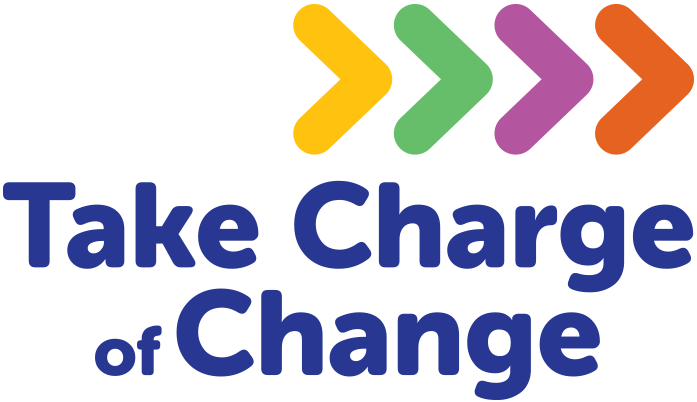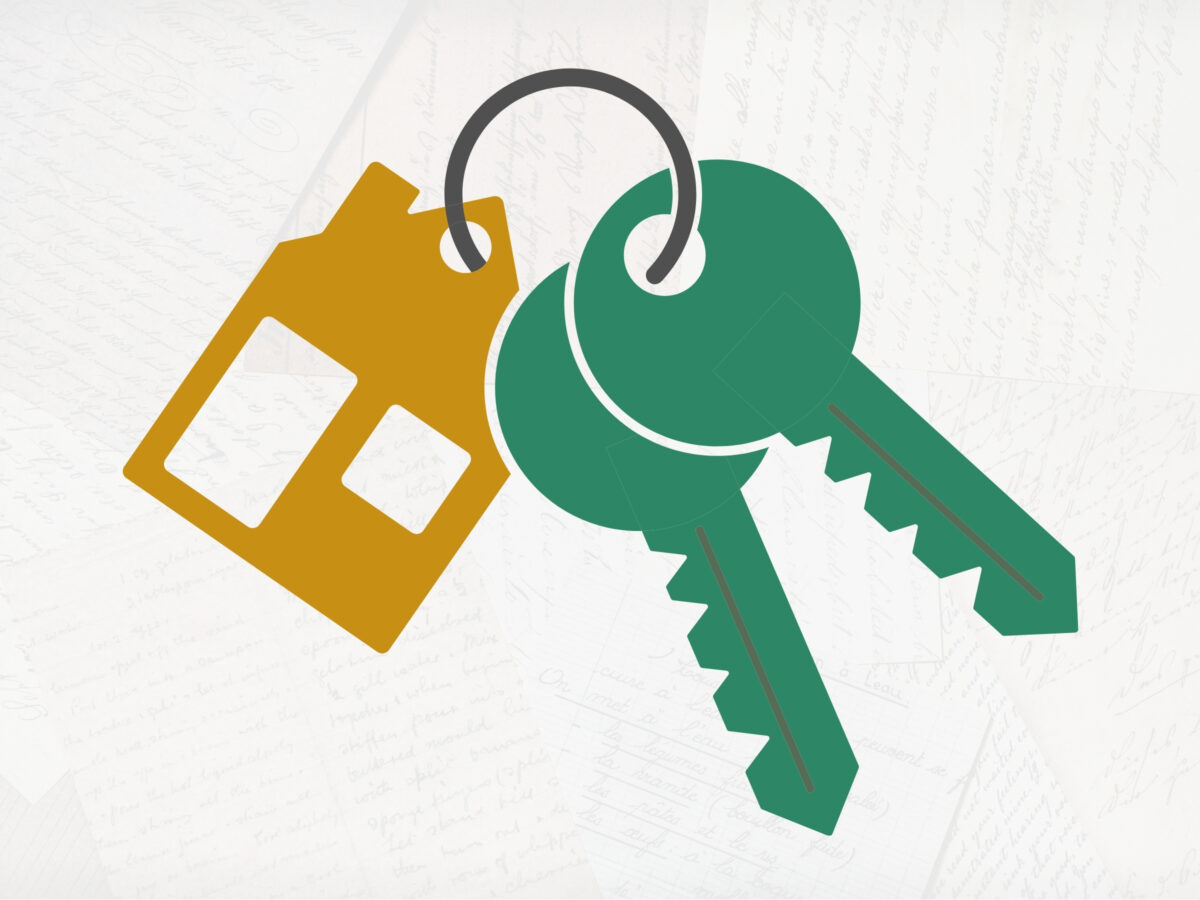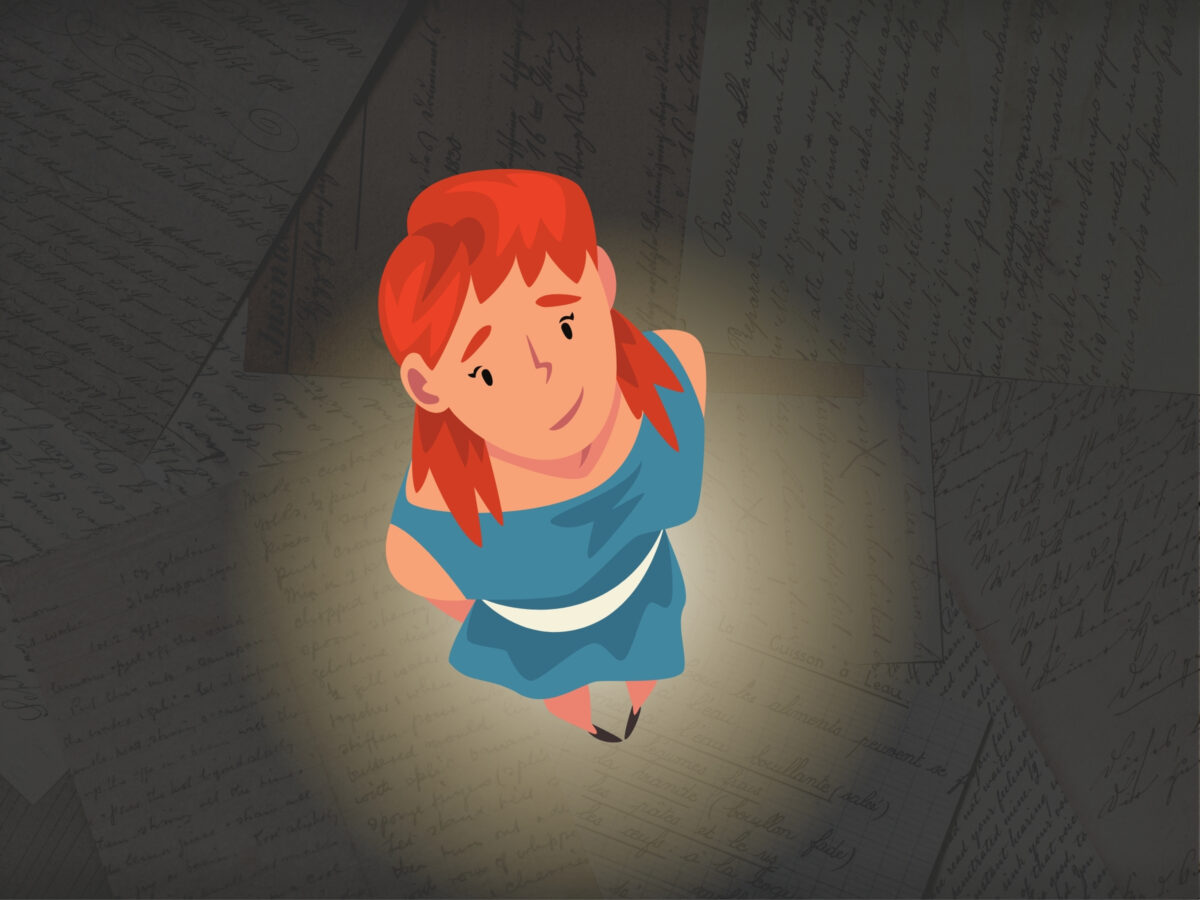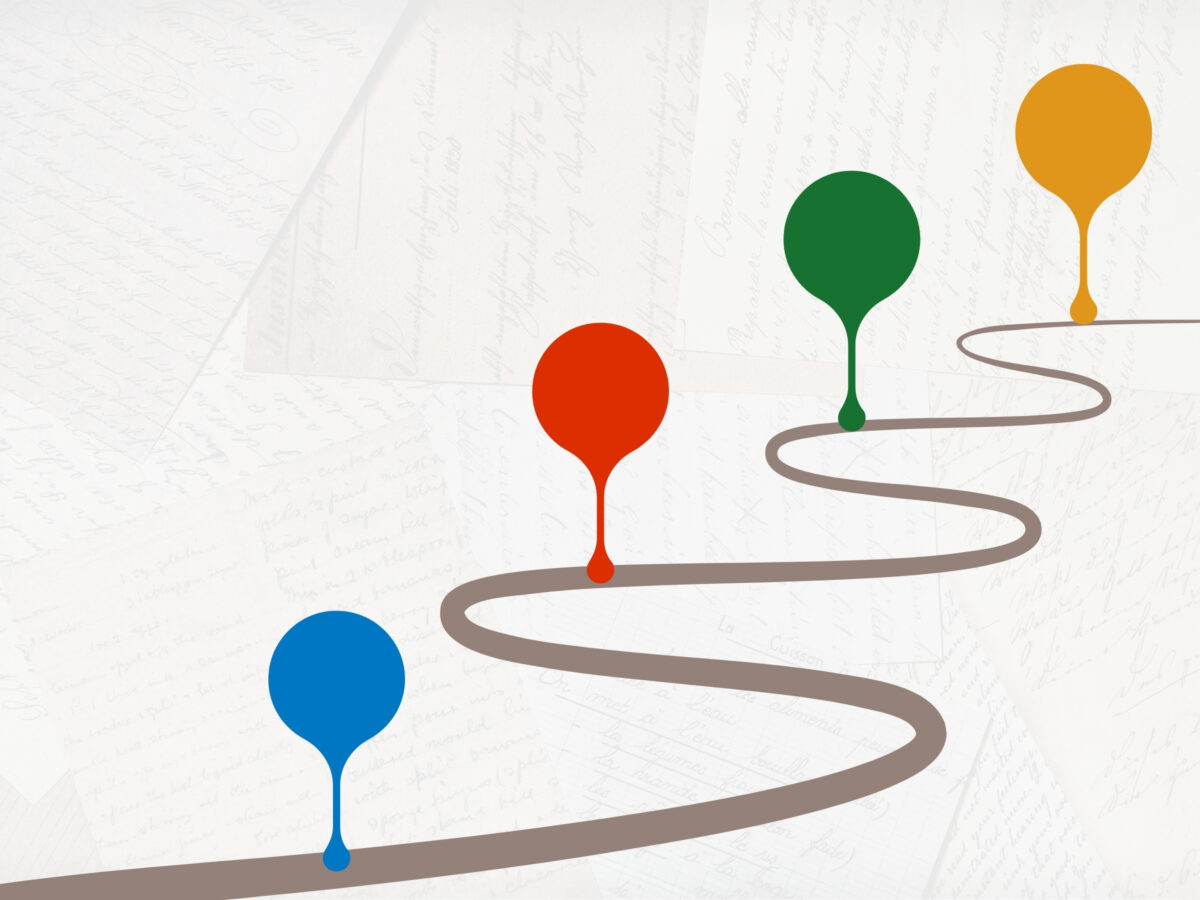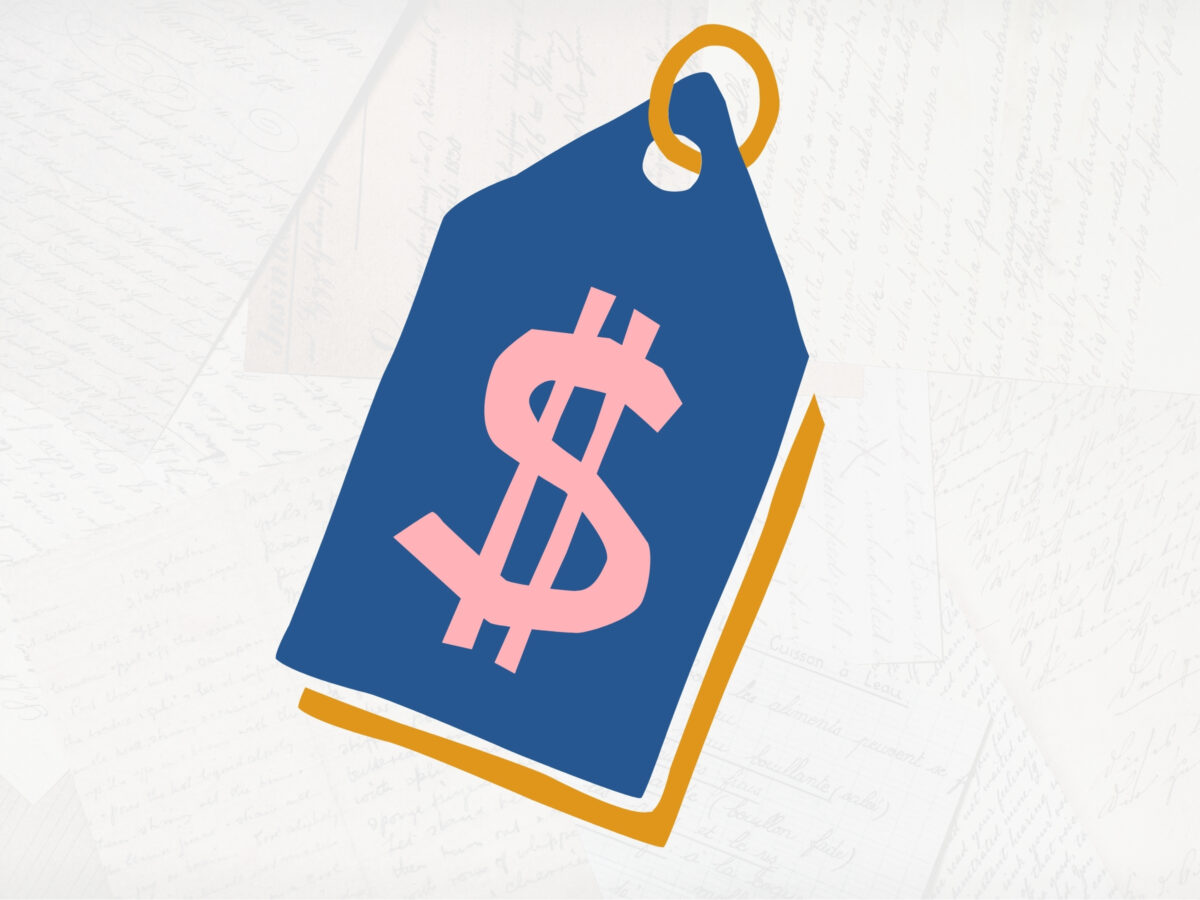Ten Lessons from Ten Years of Adulthood
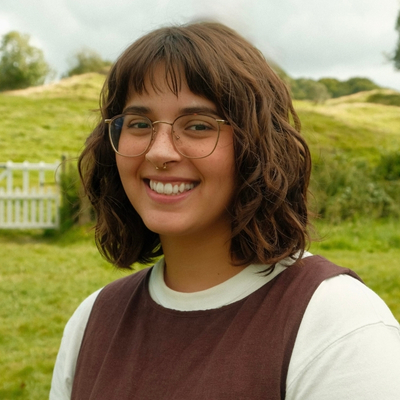
Written by: Chloe T. Rattray
First Published: 13 October, 2025
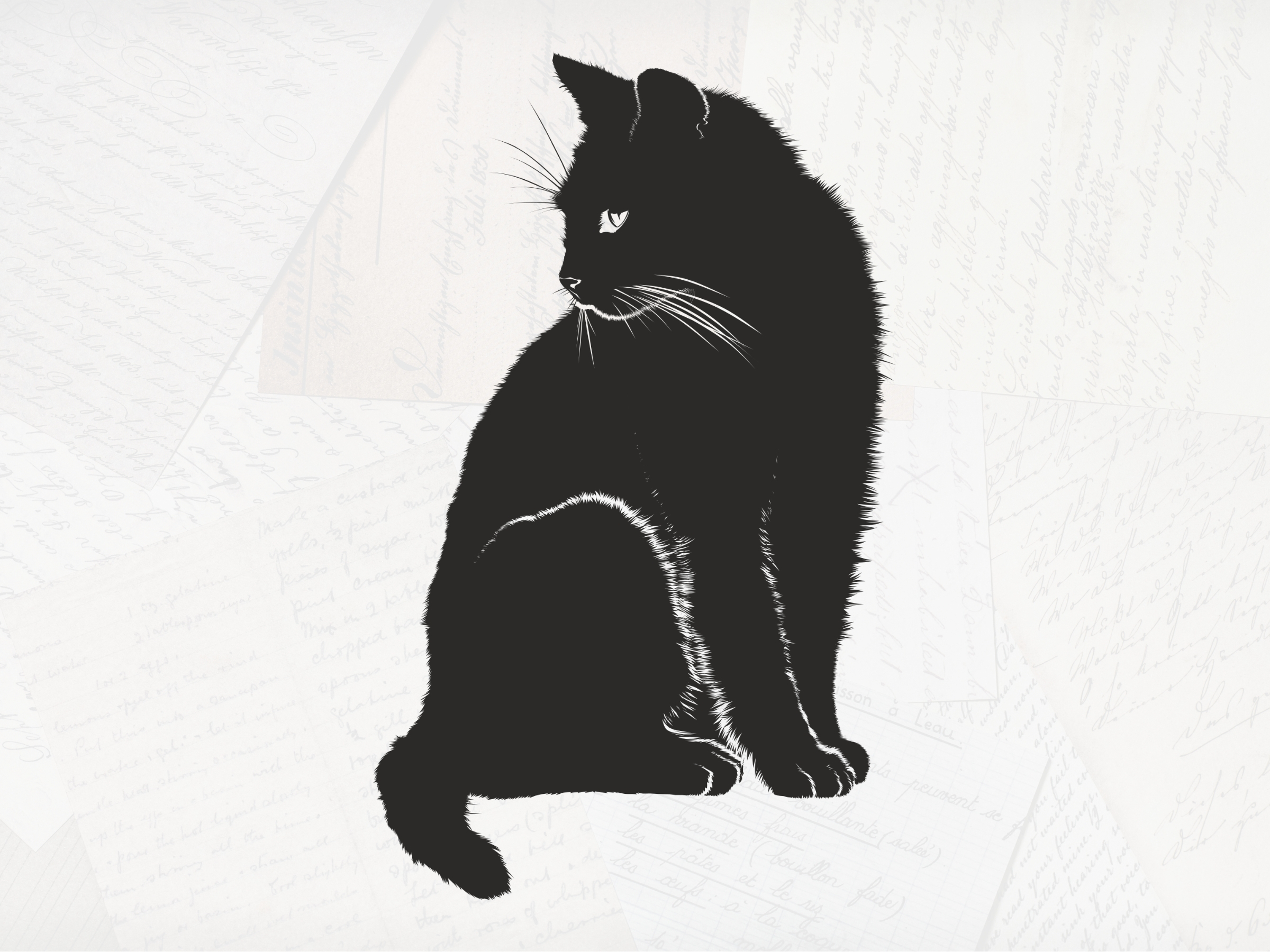
Chloe reflects on their first decade of adulthood with disability. From questioning timelines and challenging ableist ideas of independence, to embracing community and self-advocacy, she reminds us that there’s no one way to do adulthood.
Content note: Ableism and food shame.
I’m 28 years old – a fact I still can’t quite believe. This means I have technically been an adult for an entire DECADE! Though I still don’t know how to parallel park or cook rice on the stove, I have learned a LOT about being an adult in the past 10 years. Here is a non-exhaustive list of 10 lessons that I hope you find helpful.
Note: Disability is different for everyone! These lessons aren’t universal truths, just snapshots from my own decade of figuring adulthood out. Take what feels useful, adapt what you can, and know that your story is just as valid, even if it is nothing like mine.
Here’s a coming of age playlist from me to you.
1. Independence is overrated.
No one is truly independent, we all rely on others in some way – it’s not a flaw, or specific to people with disability – it’s human. The glorification of independence is rooted in ableism, and hyper-individualism will only leave you burnt out in the long run. True freedom is being able to lean on others, and have others lean on you.
2. Timelines are made up.
Married by age X? Home ownership by age Y???? Babies by age Z (or at all)?!?!?! “Too old” to enjoy watching cartoons/colouring in/insert other hobby here? All these time-based expectations are arbitrary! It’s easy to feel left behind when you see your peers reaching all the “adult” milestones, but this is not a reason to succumb to the weird pressure around what “growing up” looks like. The path of adulthood is long and winding – growing up looks like whatever you want it to be. Song recommendation: Coming of Age by Olive Klug.
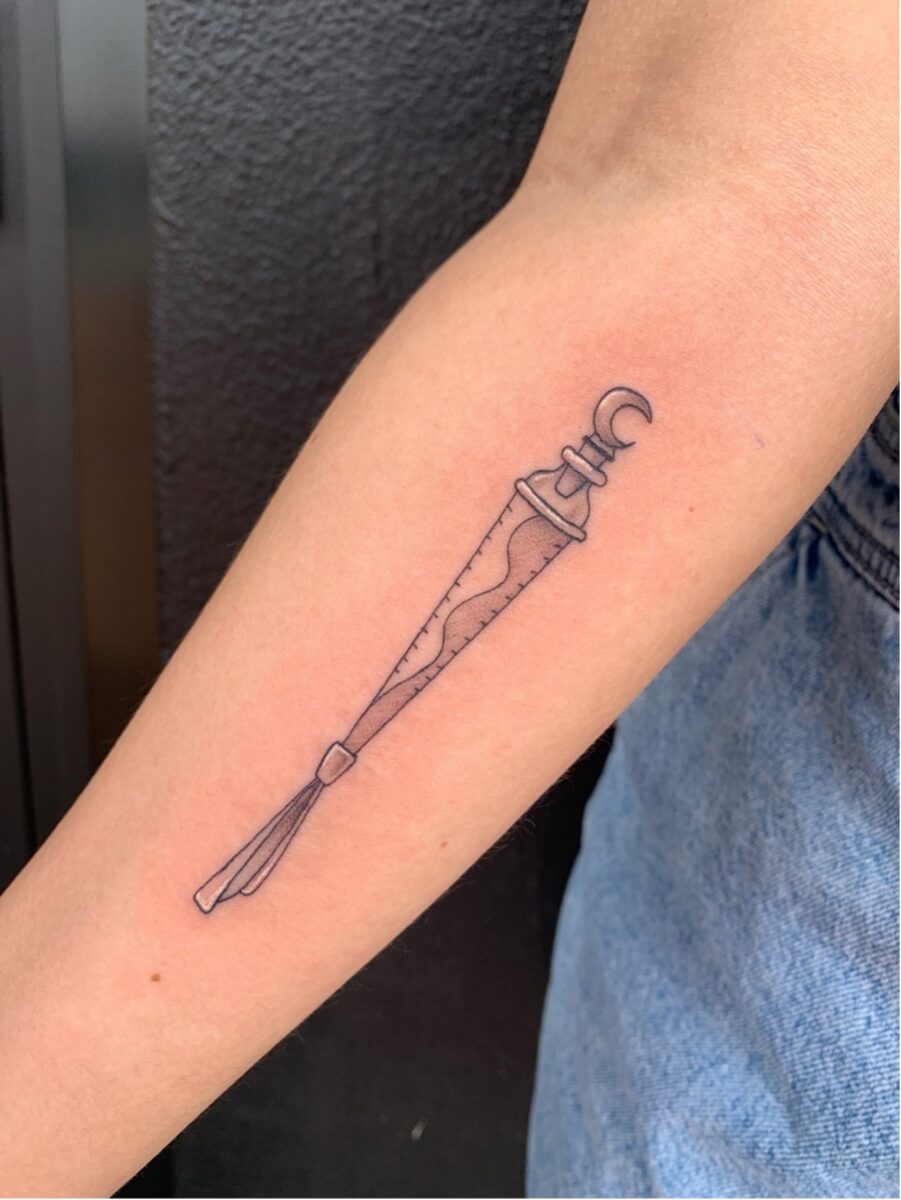
3. Try to be gentle with yourself when learning new things.
My first 10 years of adulthood can basically be summed up by learning to do so. Many. New. Things. It can feel really overwhelming, like you don’t know how to do anything at all… like some sort of grown-up baby. Just keep reminding yourself that it’s your first time being an adult! Give yourself grace when you inevitably iron a hole through your shirt / cry over insurance / reverse your car into a pole / shrink your favourite jumper in the wash, or whatever other hard new thing you are learning to deal with.
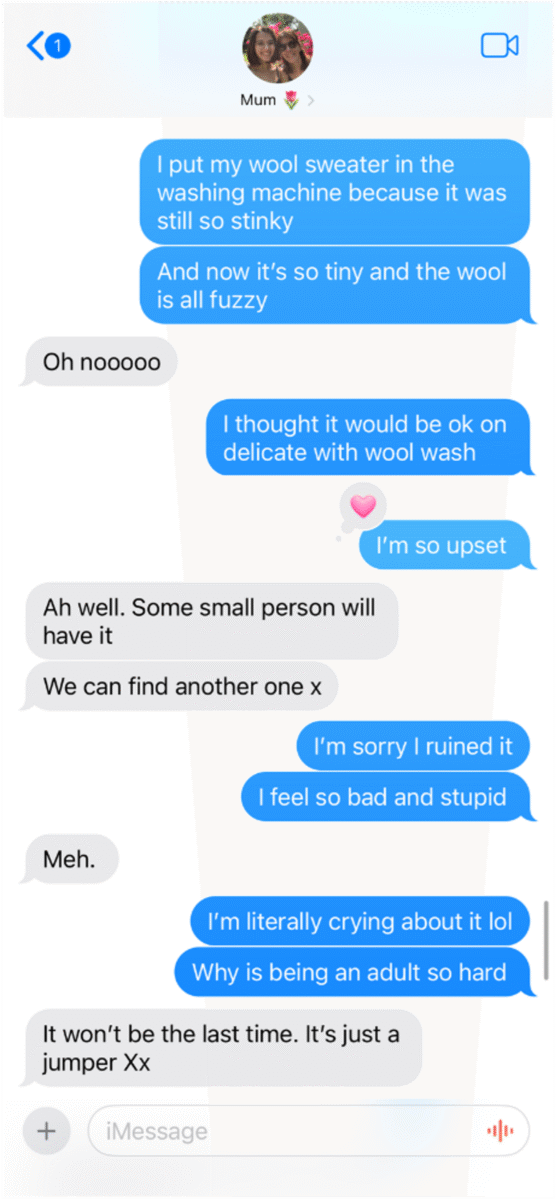
RIP the woolly sweater that my mum bought for me in England.
4. Rest is a right, not a reward.
Self care goes beyond face masks and bubble baths. Resting, taking breaks, setting boundaries, and saying “no” are vital for your wellbeing. Every time you rest, you resist against the pressures of an ableist, capitalist society that ties our worth to our productivity. Rest is a right, not a reward for hard work or burn out.
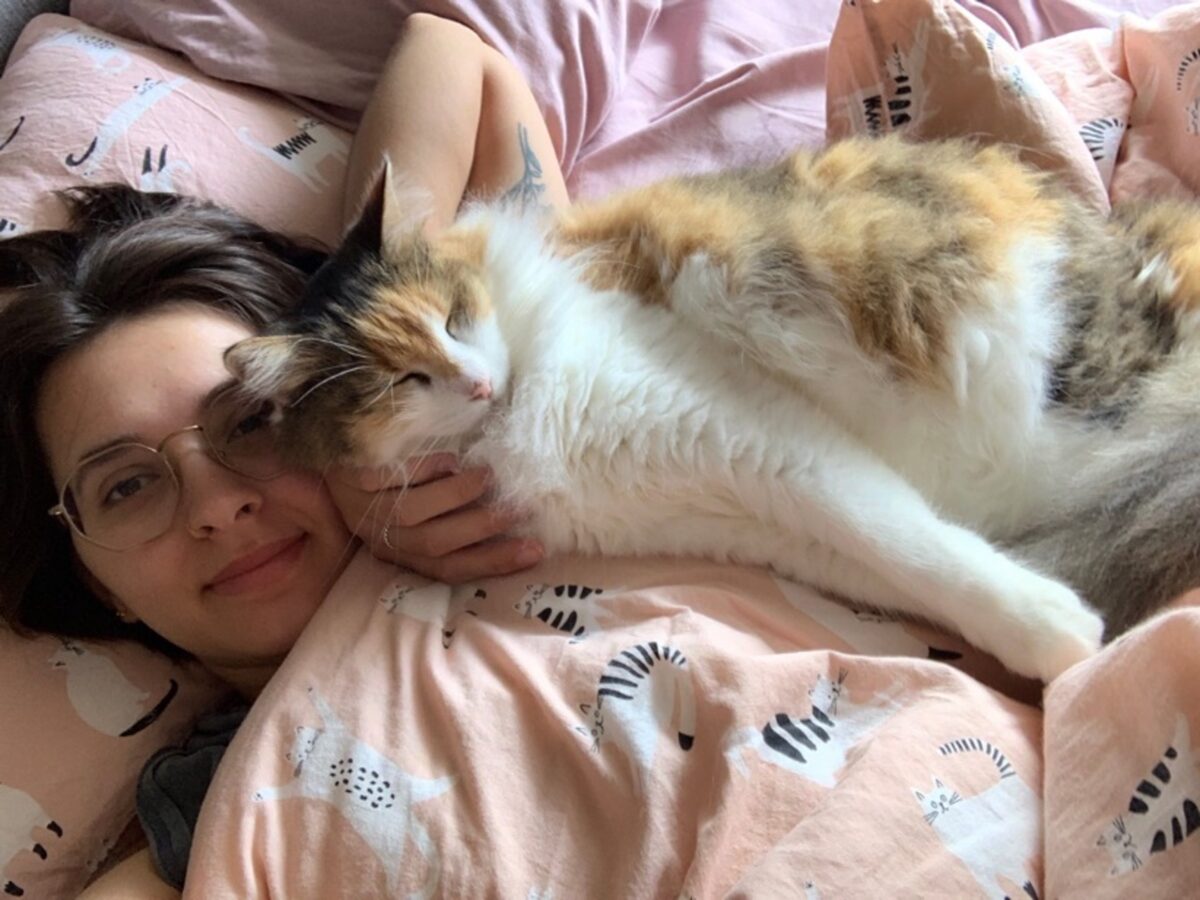
Bonus points if you have a furry friend to rest with.
5. Fed is best.
I know this usually refers to newborn babies, but as a baby adult it is also a worthy lesson. You do not need a delicious, nutritious, beautiful home-cooked meal three times a day. For some reason, I have often felt weird shame about heating up freezer meals, having cereal for dinner, or even using my one true love, the supermarket Click & Collect, to get my groceries. I have since learned that there are no prizes for doing things the hard way. Food and nutrition can be really overwhelming without the added pressure to make everything as optimal as possible. Safe foods, freezer foods, grocery deliveries, two-minute noodles, toast for dinner, whatever it may be – even if it’s not optimal – is better than not eating at all or stressing out over cooking the perfect meal every day.
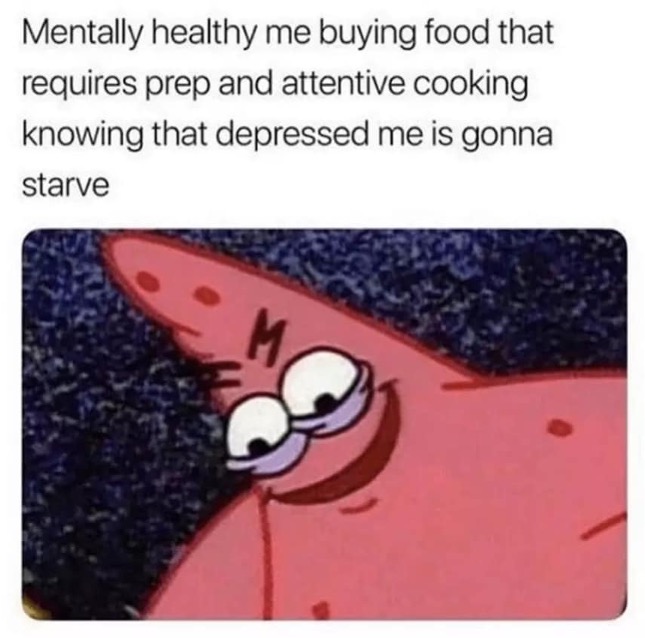
6. Heartbreak sucks!! Literally so much!! But you will be okay.
I know, the obligatory heartbreak tip! Would any guide to adulthood be complete without it? It sucks so much. I can’t even describe how much it sucks. It literally HURTS. But… you will be okay. Do not stop being YOU just because it didn’t work out with someone. To be loved is to be known. For someone to know you, they have to actually know YOU, which means you have to BE you. Does that make sense? Song recommendation: The Way That I Am by Abby Powledge
7. Community is powerful.
Community is essential – not just for helping each other with daily living (see Lesson 1), but for support on the “big issues.” It’s not easy transitioning into adulthood, especially as a person with disability, ESPECIALLY in the current state of the world. Worrying about the political/environmental/economic climate alone will make you spiral. Worrying together is essential for emotional support, learning from others who have come before you, and making impactful change.
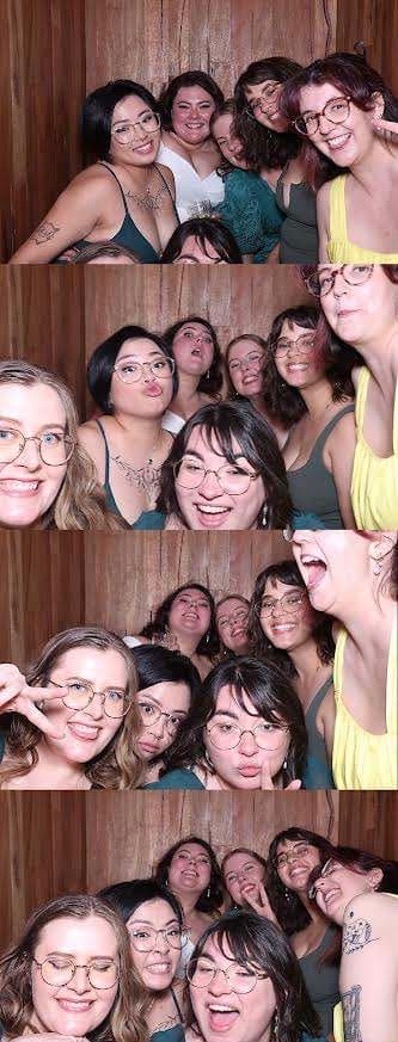
8. The grown-ups are right (sometimes)…
As a lifelong perfectionist with a diagnosed anxiety disorder, I never understood when adults told me, “the older you get, the less you care about what others think.” But, as I wade deeper into the depths of adulthood, I realise… they were right (at least about this). I care less about what I look like, about what people think of me, or about doing everything perfectly (most of the time… I’m still working on this one). Caring less is great! The best part is that caring less about these things has left room for caring more about important things – my cat, my (imperfect) hobbies, my friends, my family, the world.
9. You'll spend a lot of time educating others ... it’s okay to pick your moments.
As a person with disability, you might find yourself constantly explaining your access needs, your diagnosis, or your body to others. It can be exhausting. Your life isn’t a disability awareness workshop – you’re allowed to say “no” to being the educator. Redirect, deflect, or disengage – you get to pick what you want to share and when to share it (and when you don’t).
10. The most important relationship you will have in your life is the one with yourself.
This isn’t a call to be hyper-independent (see Lessons 1 and 7), but a call to be comfortable and content with who you are. You will spend every day of the rest of your life with yourself; you may as well try to enjoy it. Learning who you are, what you like, what you don’t like, and what you need doesn’t only make it easier to self-advocate when you need to, but it also makes life more enjoyable in general.

About the Author
Chloe T. Rattray (she/they) is a PhD student, researcher, and disability advocate based in Boorloo (Perth). Her PhD research explores how children’s animated television can challenge normativity and reimagine queer and disabled futures. Chloe is passionate about building more inclusive worlds – whether through their work as a program manager for an LGBTQIA+ charity, as a research assistant exploring accessible media, or as a board director with the National Disability Research Partnership. Outside of work, Chloe loves playing guitar, getting creative with arts and crafts, and hanging out with her cat, Juni.

